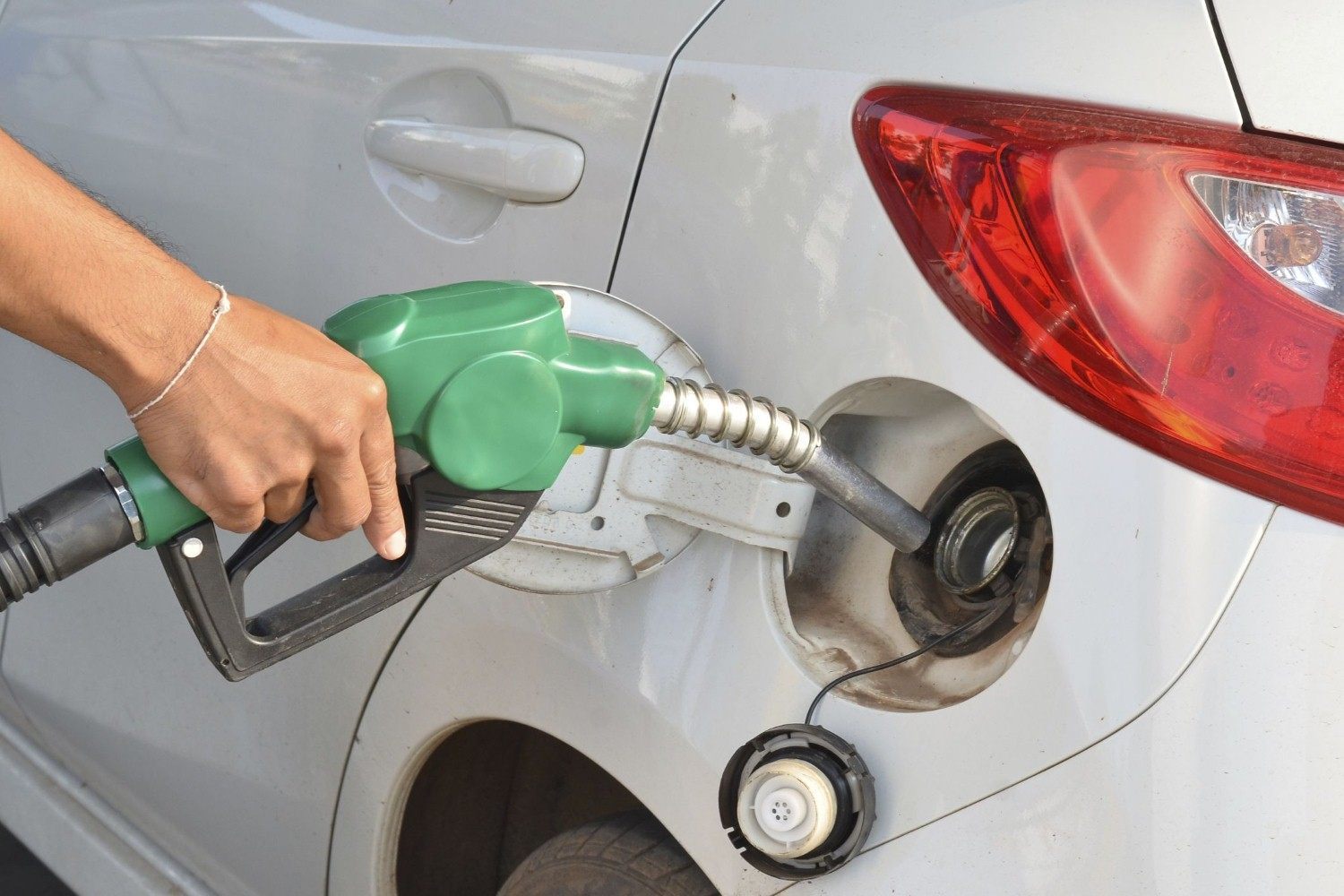The cost of fuel can often be a pain point for drivers. Cash squeezed consumers in the UK are often keen to find ways to save money and improving fuel economy is one of the ways to do this.
As well as buying a vehicle that is known to have good fuel economy, there are other ways that drivers can make their cars more frugal with petrol or diesel. Aspects like vehicle maintenance and driving style are things to consider to save on fuel.

Properly inflated tyres
Making sure your tyres are properly inflated is one way that will help you save fuel. As the only part of the car that comes into contact with the road, your tyres are a point of resistance for the vehicle. To put it simply, the more rolling resistance, the harder the car will have to work and the more fuel will be used. This resistance will be increased if the tyres are not properly inflated as more of the tyre will be in contact with the road.
Check the manufacturer's guide for information on what level your car tyres should be inflated to and be sure to follow this. Bear in mind that car tyres lose approximately one psi per month because of temperature changes among other things.
Charge your air conditioning
It's well known that using air con costs fuel, however what is less known is that how much fuel it uses can be affected by how recently it was charged. Over time your system will permeate gas, which means that it will be more testing for your vehicle to get it to work and will therefore use more fuel. Getting your air conditioning system charged approximately every two years will ensure it runs more efficiently and won't be as much of a drain on petrol or diesel.
Minimising the use of your air conditioning won't make a difference to whether or not it permeates gas but it will help to reduce the demand it has on fuel. Only use the system for as long as you need to - whether that's until your windscreen is clear or you are cooled to a comfortable temperature - then turn it off until you need it again. Where keeping your car cool is concerned, try to park in the shade where possible so that you don't have to use your air conditioning as soon as you start the vehicle up.
Watch your speed
Following the speed limit will not only keep you within the law but it will also help to reduce your fuel consumption. Basically, the faster you drive, the more fuel you will use and so trying not to go overboard will make a difference.
Keep an eye on your rev counter too and be sure to change gear once it gets high enough to warrant this. The more revolutions your wheels do, the more it will cost you in fuel. If you have a sixth gear for economy reasons, make sure you use it when driving at the national speed limit.
Being careful with your acceleration will also make a difference. If you have a habit of accelerating very quickly then you will save less on fuel so try to be more gentle on your accelerator pedal.
Prepare well to slow down
Try not to use your brakes harshly and frequently as this will cost you in fuel. Of course, it is vital to use them but the more softly you apply them then the more you will save in fuel.
The best way to do this is to be alert to what is going on up ahead. If you start to see traffic building up in the distance, a red light or a closed level crossing then the sooner you start to prepare the better. Ease off the accelerator as this will get your vehicle to start to slow, change down the gears to slow down a little more quickly and then, as you approach the place where you need to stop, you need only press down on the brake lightly to come to a stop.




